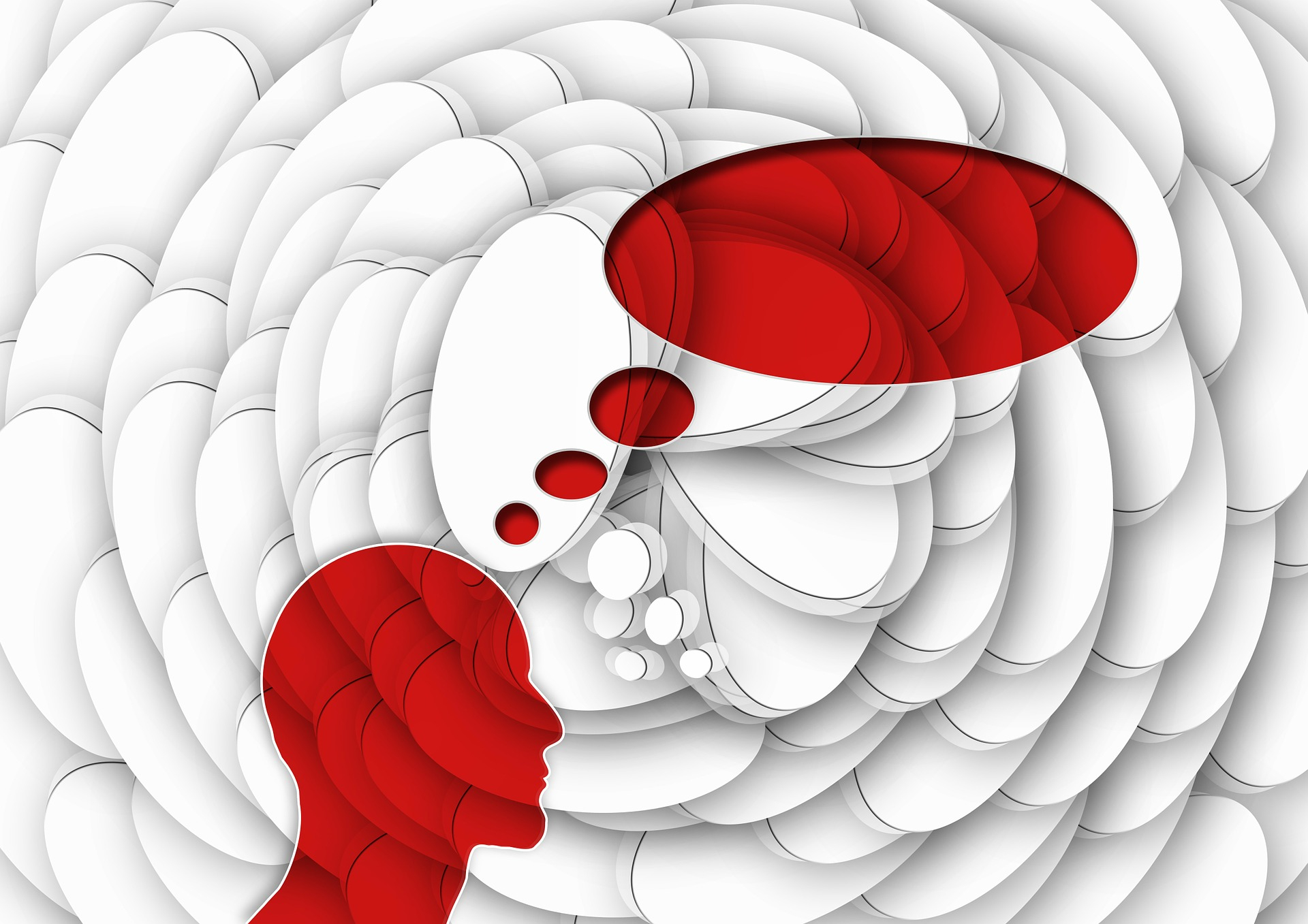


If everything I want is right here inside of me, then why are we always looking for something more? We spend time wanting one thing or another, one person or another, one achievement or another, when in fact everything ‘out there’ will never complete us or fulfil us. We think that our happiness lies in acquiring the physical, when in fact it is the soul within the body, expressing itself through the body, that is wanting fulfilment. The body does need physical sustenance, food and water, clothing and shelter, and it is right to acquire those things. To ascertain whether what I ‘want’ is more than a need, we have to ask ourselves the right questions … what do I want from:
1. People: am I looking for respect, love, kindness, money? When we are in relationship with people, we need to be aware of the spiritual law, that no-one can ever complete us, make us full… only God can do this, because God, the Supreme Soul, is the treasure store and powerhouse and is ever full.
2. Things: what things and why do we ‘want’ them? The thing that gives me happiness will also become a means to give me sorrow, at some point.
3. Food: food is very important; we need food, but am I taking more than I need from the planet? If I take more than I need then there will not be enough for someone else. This causes a karmic ripple. So, we must be mindful, not too fussy, not to attached to certain foods – tomorrow they may not be available.
If I can be free from want, I can be the master of myself. Desires, or wants, bring restlessness, and all the emotions connected to the ‘vices’ of the soul… anger, greed, lust, attachment and ego. When I want something, I am no longer in peace. When I try to make things happen and push for things to go my way and only my way, it never turns out well. We can go with the flow, in harmony with the flow of the drama unfolding around us. We can try not to control so many things in our lives and watch what comes our way. Going with the flow is like being in the river of life, but we should be sailing, not rowing. Meditation can help with gaining this freedom from constant want. There are extra ways of helping ourselves too.
1. Pay attention to what is going on around us. Be in tune, and whatever we notice as negative, we can change it to positive by keeping an optimistic awareness. This powerful attitude of positivity accumulates, and just like a snowball as it gathers speed downhill, it grows. If I want only goodness and am deeply contented with and appreciate what I have, then only goodness will accumulate.
2. Take life slowly. When we want something, our patience disappears. A gardener has patience with seeds, with plants, knowing they grow at their own, right time. We can do the same with circumstances and people. Whatever is due to me will come to me. All I need to do is to keep planting seeds of goodness.
3. Be aware that everything happens for a reason: When something we think should happen is not happening then this, in itself, is telling me something. Maybe what I want is not the right thing for me, or not the right thing for me right now.
When feeling the restlessness of wanting: sit with it, analyse a little, not too much, and do not pay the restlessness too much attention. Give attention to what I do have, feel the gratitude of having all I need. Keep life simple and use the energy to explore what is inside, the inner world. In meditation, immerse the self in God’s divine qualities and virtues and absorb all the spiritual power possible.
When I spend time in this way, I will feel so fulfilled that there will be no more ‘wanting’ and all that I need, and more, will become available for me.
Aruna Ladva is an author and Rajyoga meditation teacher based at the Global Retreat Centre, Oxford, UK.